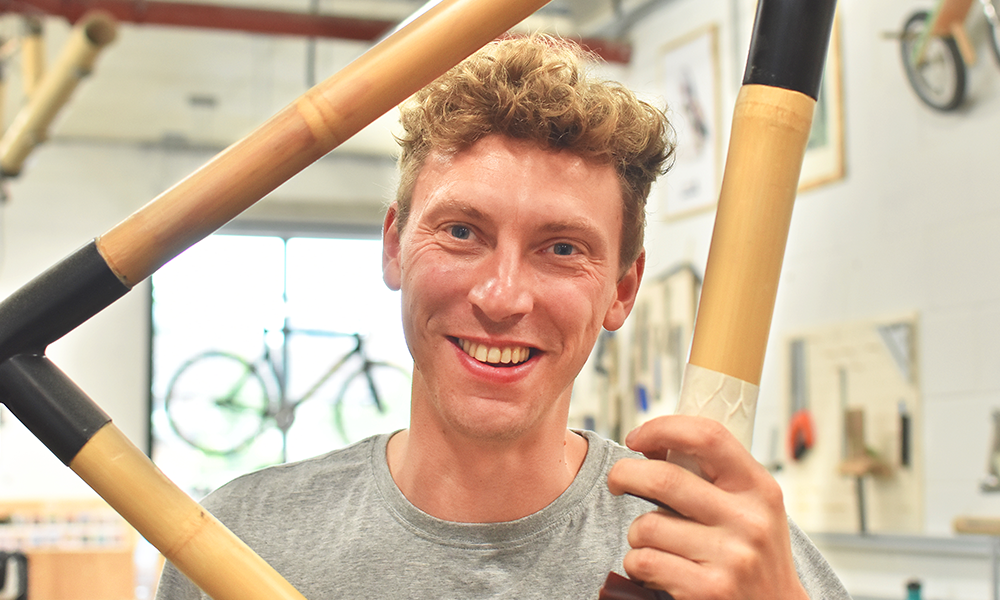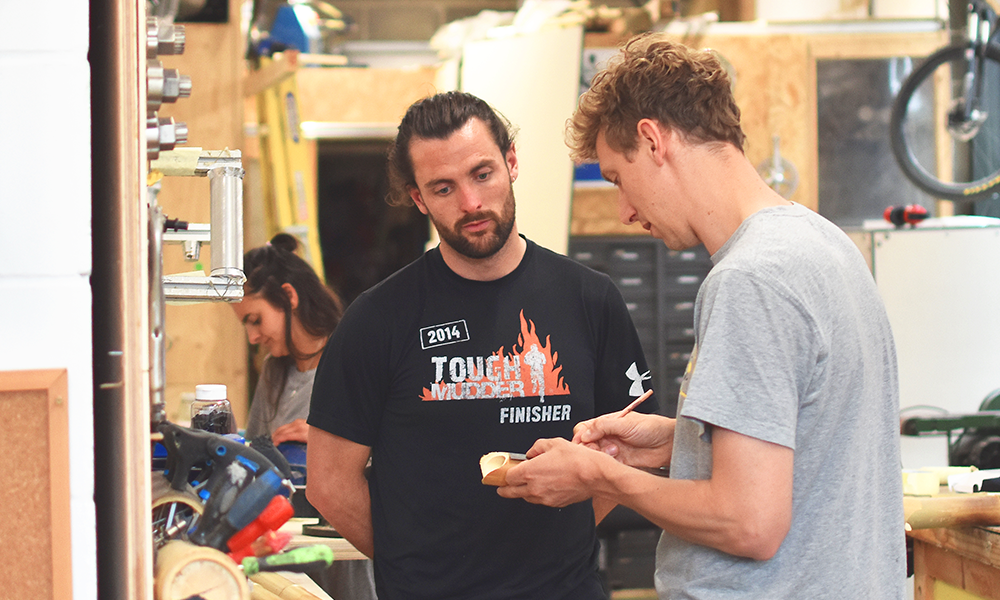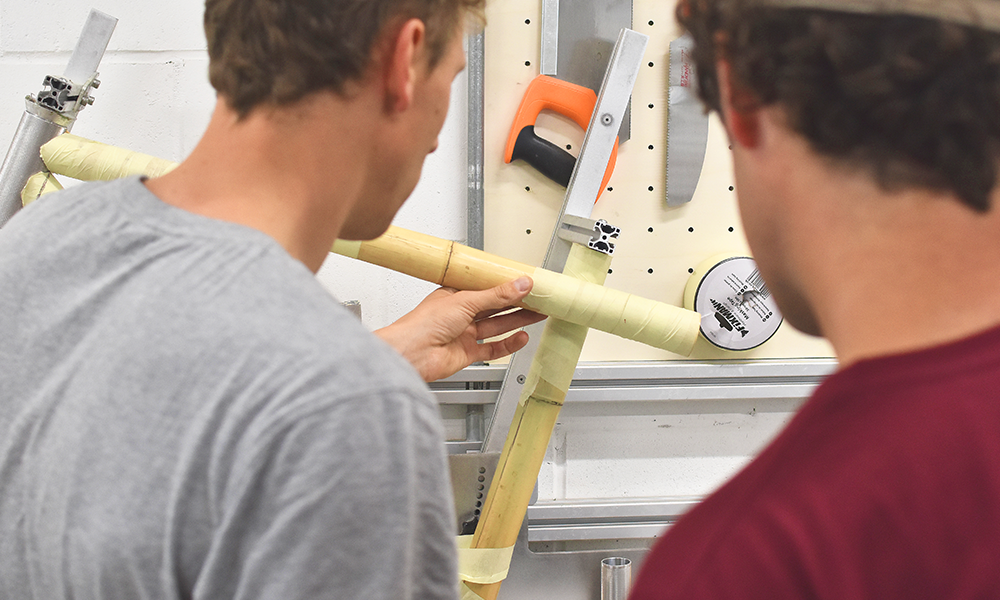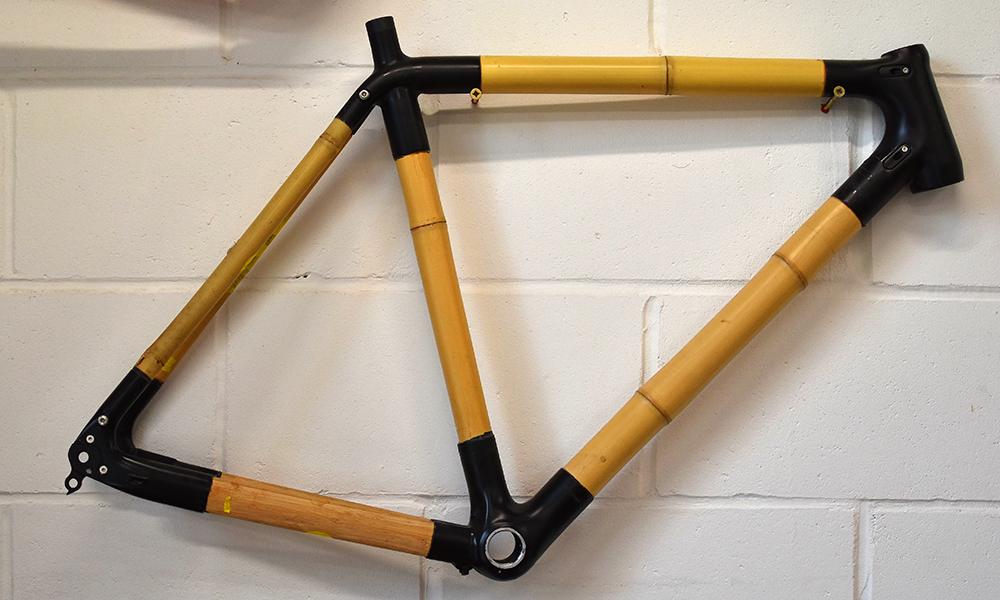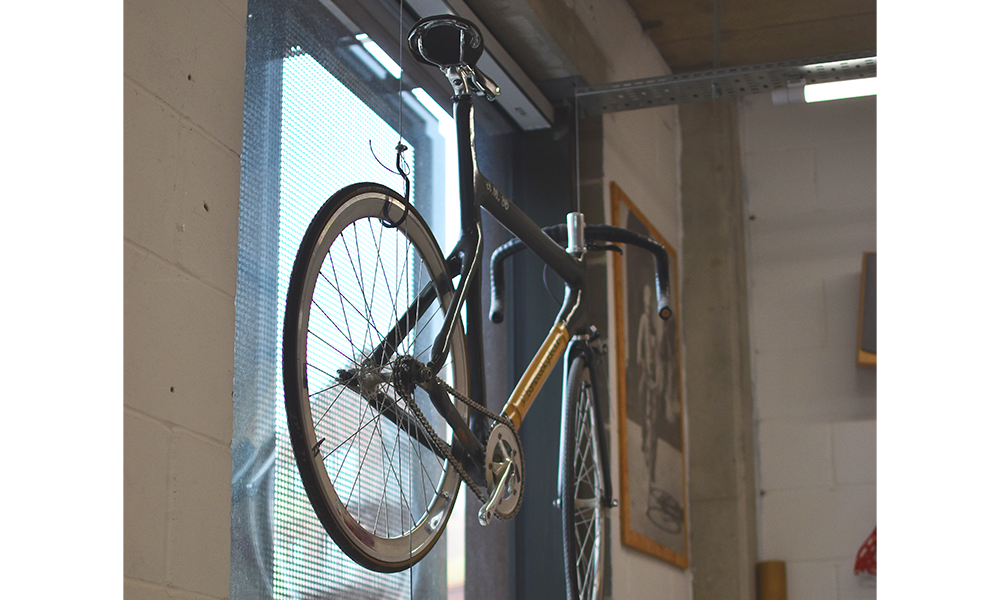Programme run in partnership with the Bromley By Bow Centre offers grants of up to £24,000 to help solve problems in society across east London

Subscribe to our free Wharf Whispers newsletter here
For the last 14 years, financial services firm Investec Bank has been fostering social entrepreneurship in east London.
Run in partnership with the Bromley By Bow Centre, its Investec Beyond Business programme has seen scores of businesses created with the aim of solving social problems.
These operations have a collective turnover of nearly £10million since the initiative was started in 2011 and support some 430 jobs.
Now entering its 15th year, individuals and organisations are encouraged to submit their applications by March 15, 2026, for up to £24,000 of funding each.
Ideas must have a clear social purpose and support communities in Tower Hamlets, Hackney, Newham, Waltham Forest, Islington or Barking And Dagenham
“We are typically looking for entry-level startups, which are no more than two years old, that will generate profit and reinvest this money in what they’re doing,” said Amitava Guha, enterprise team leader at the Bromley By Bow Centre.
“You don’t have to have a registered company – you might have identified an issue and want to start something to help address it. We can work with that.
“For 2026, I think we really want to elevate this programme, to support big ideas.
“People often opt for the safe route, but I think you can’t really become a successful entrepreneur if you don’t take risks.
“You have to have determination.”
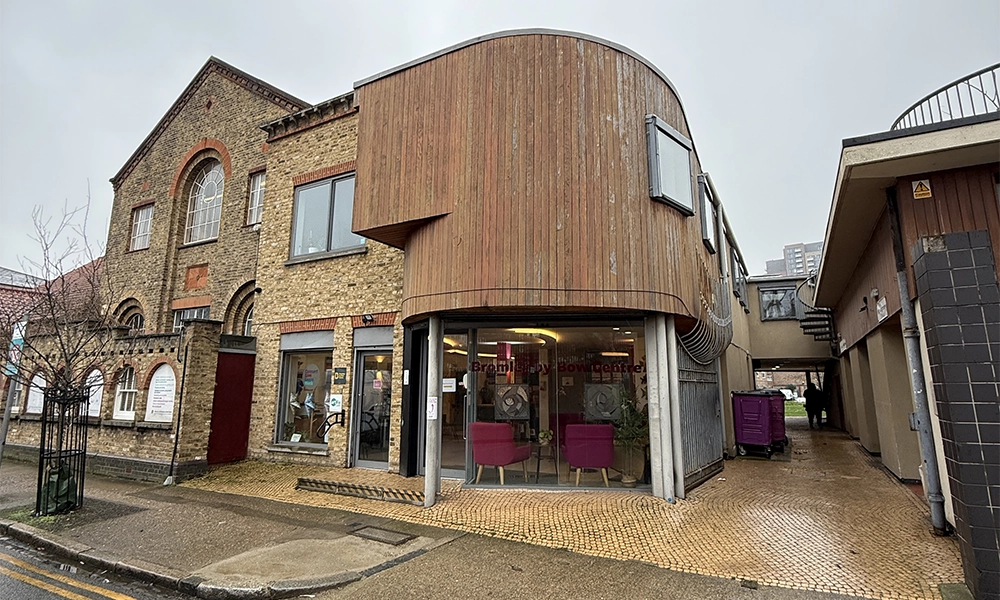
mentoring, coaching and support
This is an area in which Amit is well versed.
Having founded and led digital consultancy Magicframe in India from 2006 to 2020, his own journey has been steeped in business development.
Having relocated to the UK and exited that company, he’s recently spent time coaching, mentoring and advising others on how to turn their ideas into viable operations.
“I joined the Bromley By Bow Centre in 2024 to take care of the Investec Beyond Business programme,” he said.
“Last year we received 148 applications, long-listed 30 and then short-listed 10 to present their ideas to the Investec panel, Dragon’s Den-style.
“Each year, we try to fund four or five enterprises.
“What’s essential is that, if you are called to make that presentation, you can explain your idea well so we can understand what you want to do because, ultimately, it will be you driving this change.
“Many of the ideas that are submitted have been quite good, quite interesting, but I think we can go further.
“We’d love to see some interesting thoughts coming out of Canary Wharf, for example.
“One of the important things to consider is that, while we understand people often come from a social action background, social action is not social enterprise.
“These ideas have to work as businesses.”
One of last year’s winners was Round Retail, a charitable resale platform for branded items where sellers get a third of the sale price and the balance goes to local charities and to fund expansion.
Feeling Social and TrailFam also won funding, providing mental health first aid training to organisaitons and offering trail running programmes to young people, respectively.
While Bamboo Bicycle Club is already an established business in Canning Town, the panel decided to fund its project to work with parents serving custodial sentences to build bikes for their kids to help maintain a tangible connection with their children.
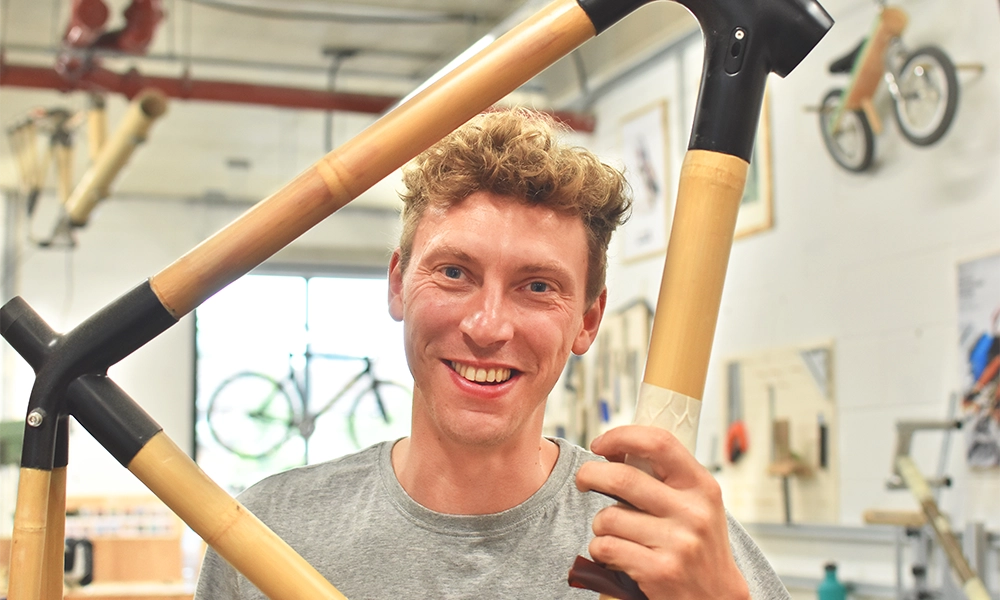
ideas with the potential to spread
Amit said: “We made an exception for this company because it was such a good idea.
“It was quite emotional for us and the programme has gone really well.
“It’s a good example of exactly the kind of projects Investec Beyond Business wants to fund.
“They can be small ideas that start in east London but have the potential to spread everywhere.
“We really like ideas that get people to think differently.
“They don’t need to be absolutely radical or outside the box and it can be something that needs some development.
“One of the key things for us is that the £24,000 is seed funding, to support the person or the organisation the idea has come from.
“We don’t restrict how that money is spent, but we do have quarterly meetings with the winner and produce a report.
vWe’re also on hand to mentor and support them and many previous winners also participate in the programme in this way.
“That’s a process that continues beyond the first year.”
With 50 applications already received, the 2026 programme of funding is set to begin in May, after shorlisting and interviews in April.
Issues typically addressed by applicants include social enterprises working in youth unemployment, social isolation and loneliness, mental health and wellbeing, community cohesion, the rehabilitation of ex‑offenders, food insecurity and environmental sustainability.
Those applying – and IBB especially welcomes applications from under-represented founders – are expected to demonstrate how their idea would benefit at least one of the six boroughs it operates across.
Amit said one area of focus he would like to see tackled was the pervasive effect of social media on both the young and old.
“I think there are a lot of problems around attention and interaction,” he said.
“Through social media and AI, we’re in danger of creating generations of people who have no idea what they’re talking about and can’t articulate their ideas when they go for an interview, for example.
“I worry these technologies are damaging our ability to think independently and I’d love to hear ideas around what can be done to address this.”
key details: Investec Beyond Business
Applicants to the Investec Beyond Business programme are invited to submit their ideas to the programme by March 15, 2026.
You can find full details from the Bromley By Bow Centre here.
Read more: Discover Georgian food and wine at Sad Meli in Royal Docks




